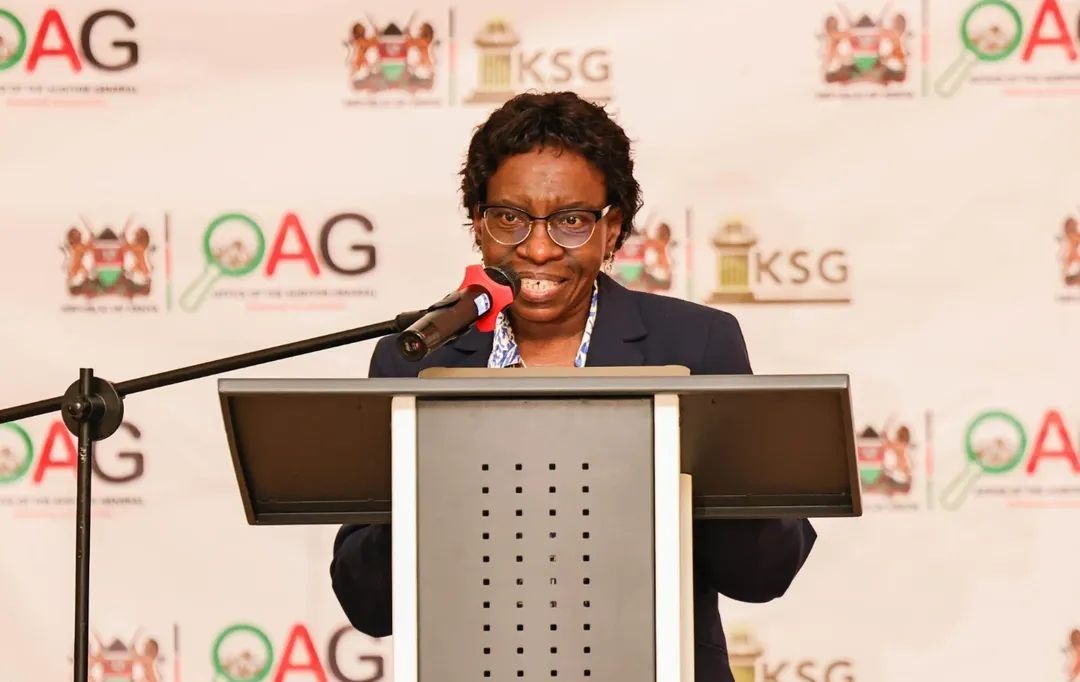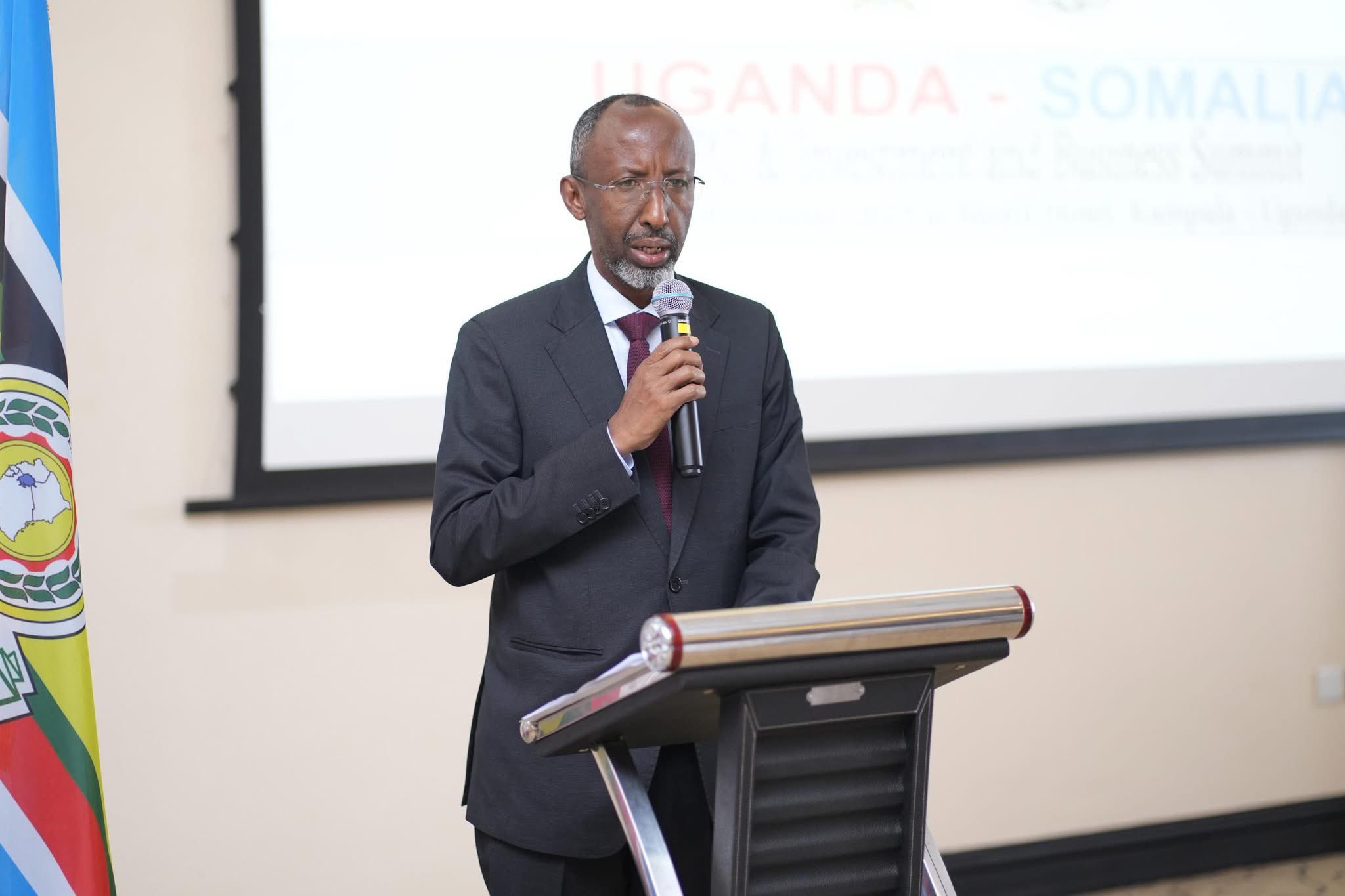Hospitals with high maternal mortality to lose licences, says Ministry of Health

A new health assessment shows that most facilities in Kenya lack the capacity for safe childbirth, prompting the Ministry of Health to launch a nationwide crackdown on negligence, malpractice, and unqualified practitioners.
The Ministry of Health will not renew licences for hospitals and medical practitioners linked to high maternal mortality, Health Cabinet Secretary Aden Duale has announced, warning that negligence and malpractice in Kenya’s healthcare system will no longer be tolerated.
Speaking on Tuesday during the launch of the Kenya Quality of Care Health Facility Assessment Reports and the Reproductive, Maternal, Newborn, Child and Adolescent Health and Nutrition (RMNCAH+N) Investment Case, Duale said the decision follows findings that only four in ten health facilities are adequately equipped to manage safe deliveries.
More To Read
- Why antenatal clinic attendance is falling — and the deadly risks for mothers and babies
- Health Ministry clarifies Kenya–US health partnership respects sovereignty, data protection
- Third Kilifi health forum opens with urgent calls for financing, digital solutions
- England confirms new mpox strain: What you need to know
- Kenya urges stronger regional cooperation as transport corridors fuel disease risks across East Africa
- How Trump–Ruto health deal fills the void left after USAID exit
“When expectant mothers are dying on your watch, your medical licences are of no importance to us. The findings show that only four out of ten health facilities in the country have the capacity where expectant mothers can effectively deliver,” he said.
The CS criticised the growing trend of remote consultations, saying many practitioners in both public and private facilities have been attending to patients via mobile phones instead of being physically present. He announced a nationwide survey to assess all health facilities and root out negligence and malpractice.
“Some doctors who have been using the Practice 360 App from their bedrooms to discharge patients can no longer do so. They must now be within 500 metres of the health facility for the app’s OTP to work,” he said.
“The app is geo-fenced to health facilities and allows healthcare workers to manage pre-authorisation claims directly.” He added that the Digital Health Authority is developing a dashboard for real-time monitoring of all deliveries.
Medical Services Principal Secretary Ouma Oluga said facility licences will only be renewed for hospitals with competent staff and low mortality rates.
“Competency and performance must go hand in hand. You can’t be a surgeon who doesn’t take clinical notes. We have observed this even among senior doctors who do not follow laid-down procedures and guidelines when treating patients,” he said.
According to the report, postpartum haemorrhage remains the leading cause of maternal deaths. Counties with the highest fatalities include Tana River, Garissa, West Pokot, Elgeyo Marakwet, Machakos, Homa Bay, Siaya, Wajir, Kilifi, Murang’a, Makueni, Migori and Turkana. Despite some progress, Kenya’s maternal mortality ratio stands at 355 per 100,000 live births, while neonatal mortality is 21 per 1,000 live births.
Between 2017 and 2024, 98 per cent of expectant women attended at least one antenatal visit, 66 per cent completed four visits, and 89 per cent were attended by skilled birth attendants. Sixty-one per cent were delivered in health facilities, while nine per cent had caesarean sections. Postnatal care reached 83 per cent of newborns and 78 per cent of mothers.
Systemic challenges affecting maternal and child health services include inadequate training, poor referral systems, limited emergency care, low service uptake, and insufficient access to family planning. Other issues cited were weak nutrition services, uneven distribution of health workers, and dependence on donor funding—leading to frequent stock-outs of essential RMNCAH+N commodities.
The RMNCAH+N Investment Case 2025/26–2029/30 outlines the financial requirements to close these gaps, estimating Sh79.59 billion (US$612 million) in 2025/26, rising to Sh105.79 billion (US$814 million) by 2029/30—a total of Sh460 billion (US$3.54 billion) over five years.
Maternal and newborn health will account for more than 40 per cent of annual investments, followed by immunisation (18 per cent), child health (12 per cent), gender-based violence and gender equality (8 per cent), and family planning (6.7 per cent).
However, the report warns of a significant funding deficit, projected to grow from Sh29.67 billion (US$228 million) in 2025/26 to Sh53.32 billion (US$410 million) by 2029/30.
Health Director General Patrick Amoth said the planned investments could save 27,995 children and 4,611 mothers and prevent 11,071 stillbirths over five years, generating substantial productivity gains.
CS Duale also launched the Kenya Quality of Care and Human Resources for Health Assessment Report, the Service Availability and Readiness Assessment (SARA) Report, and the RMNCAH+N Investment Case. He said the documents—developed in collaboration with county governments, the private sector, faith-based organisations, and development partners—provide a roadmap for improving health facility readiness, workforce capacity, and service delivery.
“These reports reaffirm our commitment to build a healthcare system that meets the expectations of our citizens and sets a benchmark for quality care across the region,” Duale said, emphasising alignment with Kenya’s Bottom-Up Economic Transformation Agenda and Sustainable Development Goal 3.
Principal Secretaries Mary Muthoni and Oluga added that the reports will guide policy, budgeting, and resource allocation, strengthen accountability, and ensure measurable improvements in service delivery.
Key recommendations include increased investment in facility capacity, realignment of misclassified facilities, implementation of a national human resource strategy, standardisation of clinical care, and institutionalisation of continuous professional development.
“The findings will inform ongoing legislative reforms, including the Quality of Healthcare and Patient Safety Bill currently before the Senate. Investing in quality healthcare is not just a moral obligation; it is an economic imperative,” Duale said.
Development partners supporting the reports include the Bill & Melinda Gates Foundation, the Global Fund, UNFPA, UNICEF, and WHO.
Top Stories Today











































